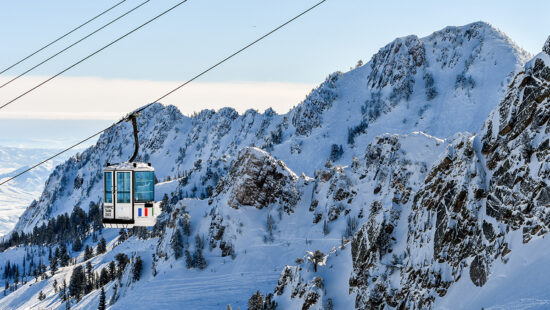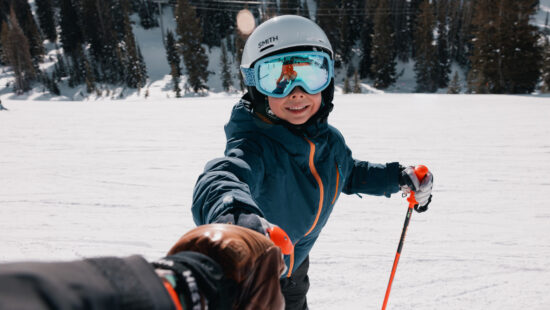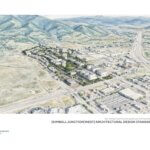News
Ski Utah’s record-breaking 2020-21 season
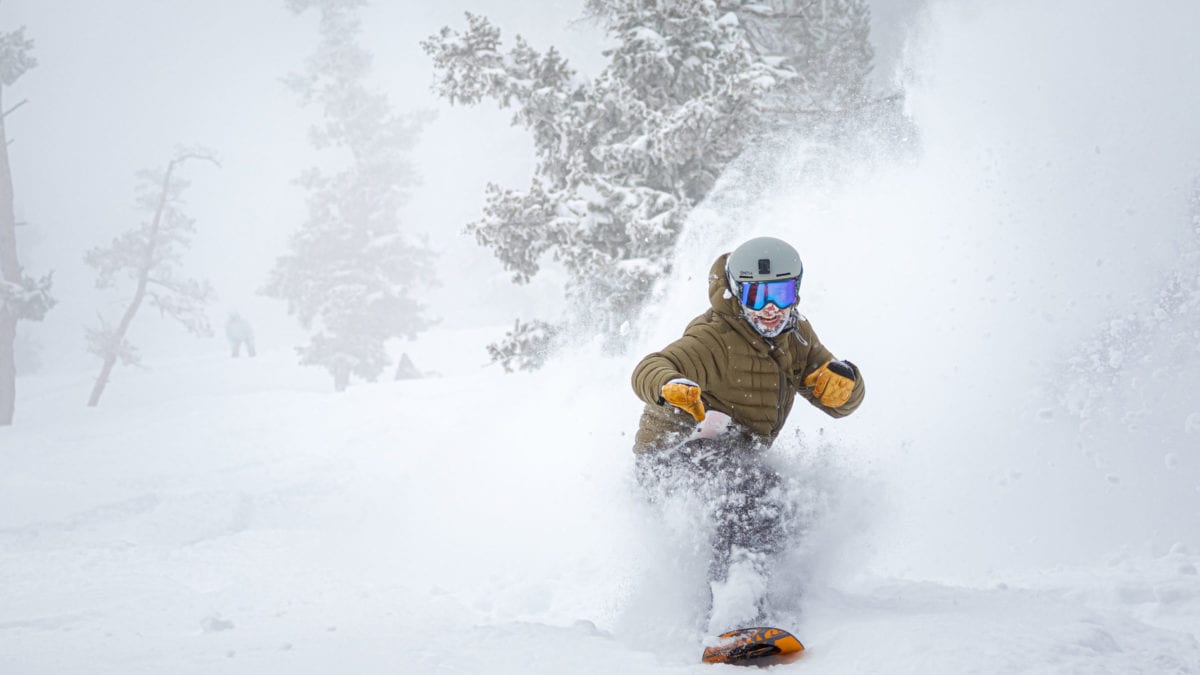
Reed Hastings, co-founder and executive chairman of Netflix, has purchased the majority of the Summit Series’ founders' ownership stake in Powder Mountain. Photo: Chris Pearson for Ski Utah.
SALT LAKE CITY, Utah. — Ski Utah released its ski season numbers to reveal a record-breaking attendance year despite the COVID-19 pandemic. The 15 Ski Utah resorts saw 5,301,766 skier days in the 2020-21 winter season.
“Going into the season, our metric for success was simply getting open and remaining open,” said Nathan Rafferty, President of Ski Utah. “There was so much uncertainty in October …but the resorts really worked hard over the summer and got ahead, planned, and I think one thing they did really well was work with the local health authorities.”
Many resorts chose to close their doors for the 2019-20 winter season when the pandemic reared its ugly head in our communities; that season was cut short at the March 14 weekend with 4,392,698 skier days. The 2018-19 season itself was a record-breaking year with 5,125,441 skier days.
“Even though [the pandemic] lopped off only a few weeks at the end of that [2019-20] season, those were some of the busiest weeks of our whole year. So, that hurt, and we would have been neck and neck with the previous year, which I thought, ‘we had great snow, great economy. How are we ever going to beat this last year?’”
The pandemic paired with a record-breaking ski season sure seems a curious combination. Skiing and snowboarding were safe outdoor outlets for locals and tourists, especially with the chairlifts running at 60% capacity, social distancing, masking, and reservation requirements.
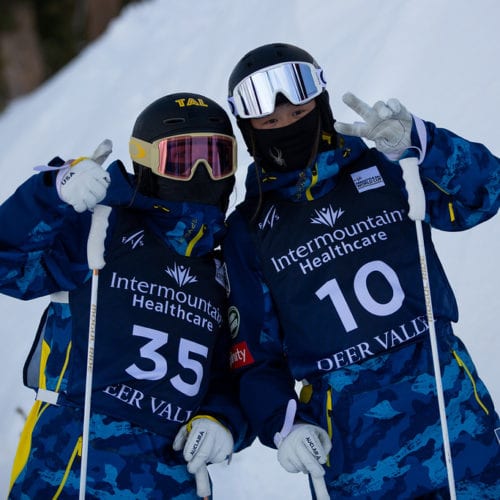
“While many of the resorts saw record-breaking seasonal numbers, most of Utah’s resorts did not see any individual day records broken. With many skiers working remotely, it’s clear that guests were able to enjoy more off-peak skiing, like weekday afternoon visits or short lunchtime trips to the mountains,” said Rafferty.
With such a unique season behind us, does that set Utah resorts up for success or failure? Rafferty and other outdoor industry members seem to think on the positive side.
“[Each season] depends on the snow, as always. But I think it does set us up well. I had had lunch yesterday with a buddy in the outdoor industry, and they’re feeling like there’s going to be a couple year bump from this where people are re-engaged in the outdoors. We hope to be able to hold on to reengaged skiers and snowboarders.”
COVID is still lingering in our everyday lives and will most likely have a lifetime effect on the ski industry regarding safety and crowd control.
“If we got through last season, I think we can do anything,” Rafferty said. “[The resorts] understood what protocols worked, what didn’t work. We might see some of these reservations stick around. Snowbird has said they’re going to do some limited parking reservations because they had a lot of people who really liked the fact that they could get up there at 10 in the morning with their family and have a parking spot. You might find some of that with dining. There were a lot of technological innovations that were forced into resorts that I think will stick around and reduce some of the friction, whether it’s buying a ticket, signing up for lessons, or getting your rentals. I think they’re going to be really thoughtful about what stays and what goes and only hold on to things that are really going to enhance the guest experience.”
Rafferty himself had a record year, exceeding his typical 40-50 day season to above 65 days.
“I had a goal this year. I skied every chairlift in the state of Utah. I had to have a list to work off of, and it was 133 chair lifts. I rode some chairs that even in my backyard, you know, at Canyons that I had never ridden before.”
Rafferty also claims a huge help to this year’s success: the cooperation and support from the Utah Office of Tourism. “We met weekly during the pandemic to shape our messaging with whatever was happening that week with the pandemic and soften the message to say, ‘when you’re ready to travel, we’ll be here and ready and open and safe.’ We were trying to be thoughtful about messaging, but the important part is that we did not turn off the messaging. A lot of states just went fully dark and said, ‘we don’t know what’s happening or we’re not going to invite anybody here,’ and I think Utah did the right thing. It gave us a leg up over some of our competition.”
















